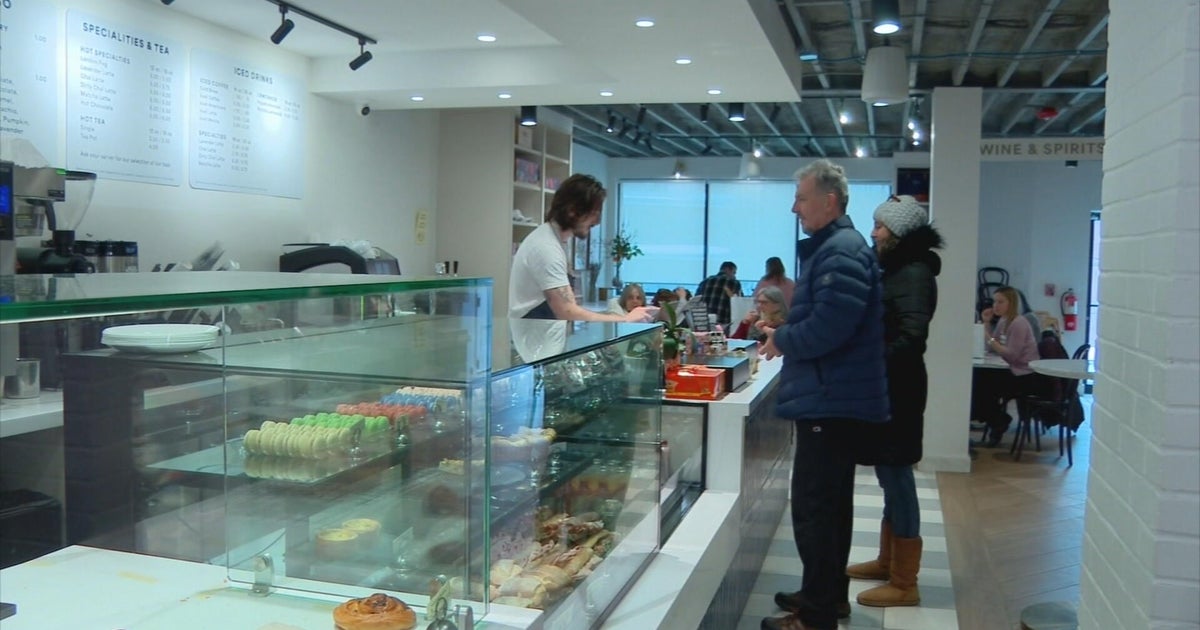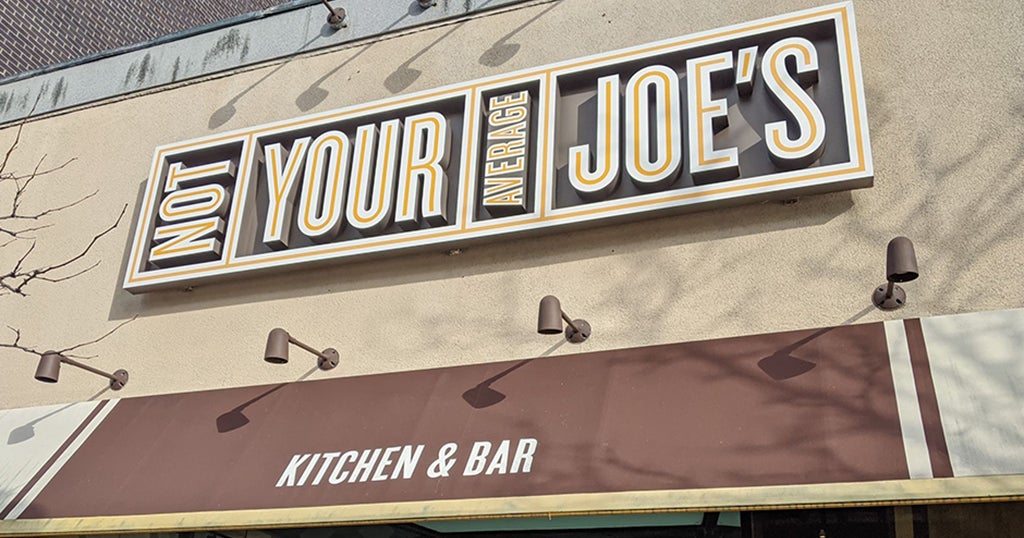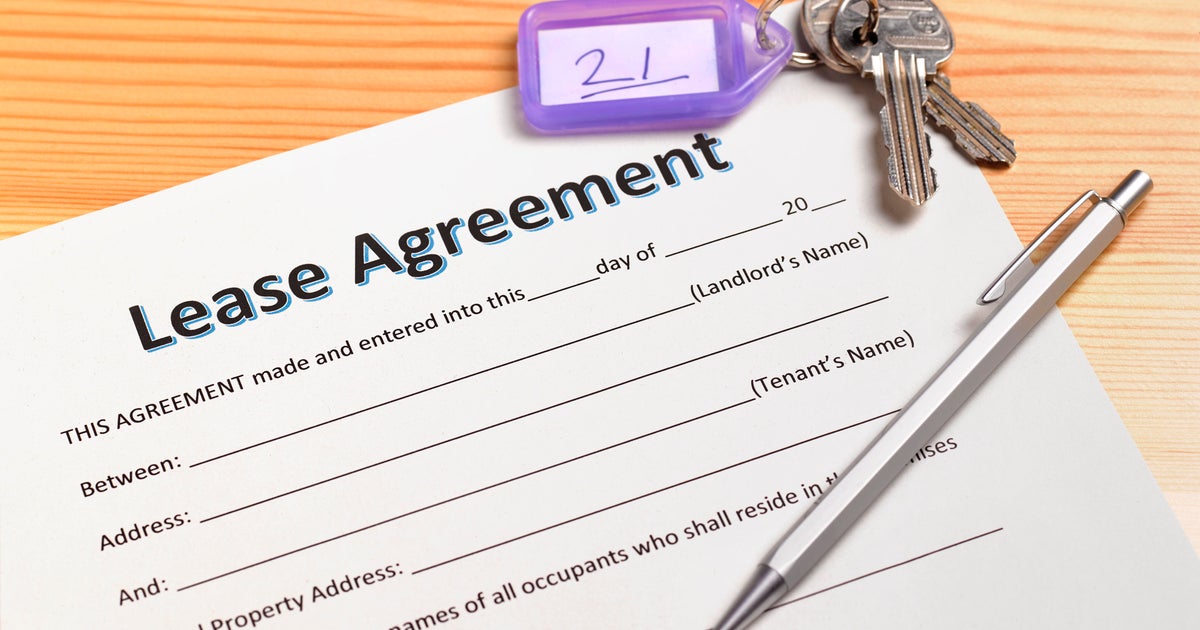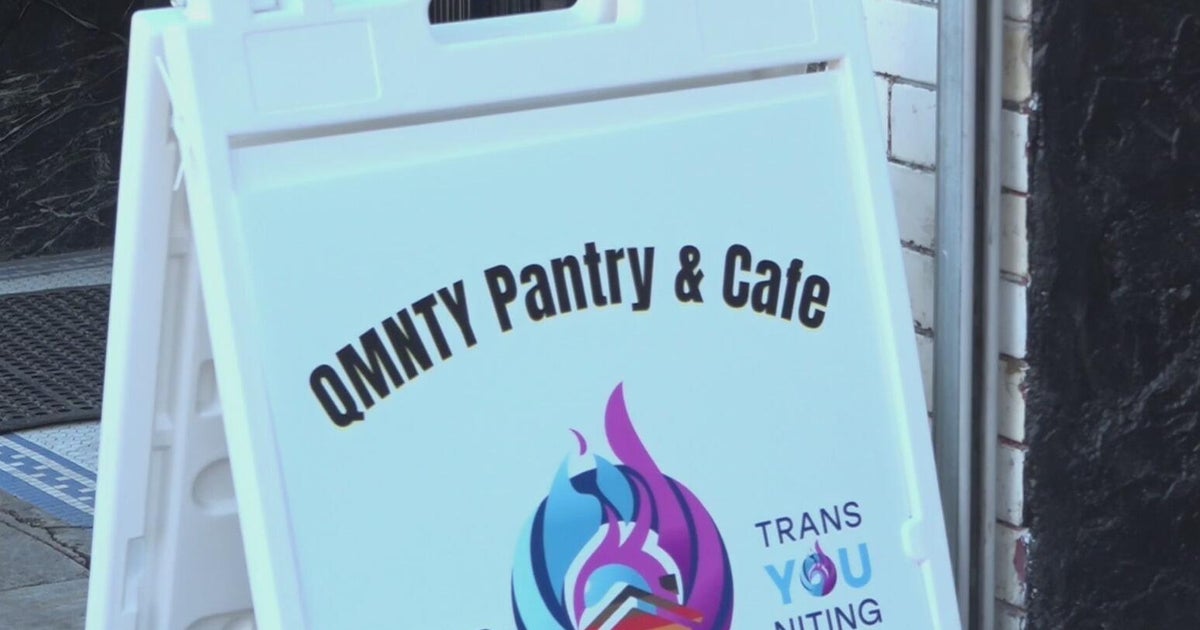Thousands of Massachusetts families to lose $150 a month as pandemic SNAP benefits end
BOSTON - A pandemic-era extra food stamp benefit is about to end for thousands of families in Massachusetts.
The COVID-19 era boosted payments to the government's Supplemental Nutrition Assistance Program (SNAP) will end March 2 in Massachusetts.
With grocery store prices rising, some families who've been relying on the boost don't know what they'll do when it ends.
Susie McQuillan's groceries are getting fewer and fewer while her bill is getting higher and higher.
"I don't think it's right," McQuillan told WBZ-TV. "The price of food and everything has gone up, I just spent $100 I barely got anything."
So, the 64-year-old with a disability applied for SNAP just last week. But she'll lose out on the boost.
In Massachusetts, 647,000 families will lose an average of $150 a month from the extra COVID-19 payments, based on data from the Department of Transitional Assistance. The boost payments end on Thursday after three years.
"I don't think they should end it because everything is going up, gas is going up, we've hit the limit," said McQuillan.
The Majak family is on the program with a son in college and a mom with a disability on a fixed income.
They say the news came as a surprise for many people.
"We really need the EBT and we're going to miss it a lot," said Michelle Majak. "I'm upset about it. I didn't really think it was going to go on forever, but I just wish there was a way for everyone to bounce back from it and then it wouldn't be such a big impact."
Food banks and pantries are worried as food prices continue to soar.
"We're bracing ourselves at the Greater Boston Food Bank and food banks across the country because we're that safety net to the safety net," said Catherine Lynn with the Greater Boston Food Bank.
Advocates have been pushing state lawmakers to give the ending benefit a lifeline.
On Tuesday, the state's House Ways and Means Committee agreed to support the governor's supplemental budget proposal which would cover part of the food benefit loss for three months.
The house will meet in formal session Wednesday and take up the proposal.
"This is really a pivotal time for Massachusetts to step up and really be a leadership state in the country," said Vicky Negus, Policy Advocate for the Massachusetts Law Reform Institute. "Sufficient food dollars are the difference between going hungry and not going hungry."
Families are now left having to make tighter ends meet.
"It's not like we're in there buying lobster and choice meats. We're buying hamburger and macaroni and cheese, we're just going to have to cut back," said Majak.








